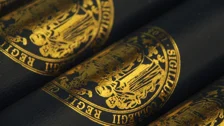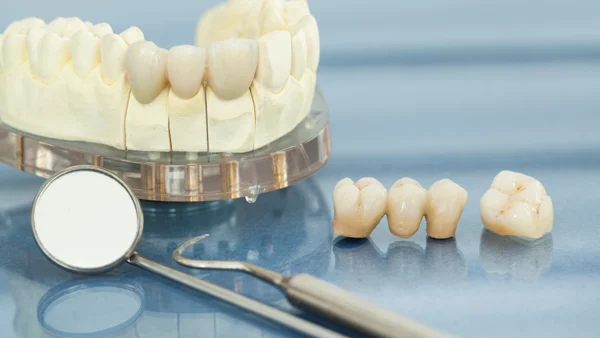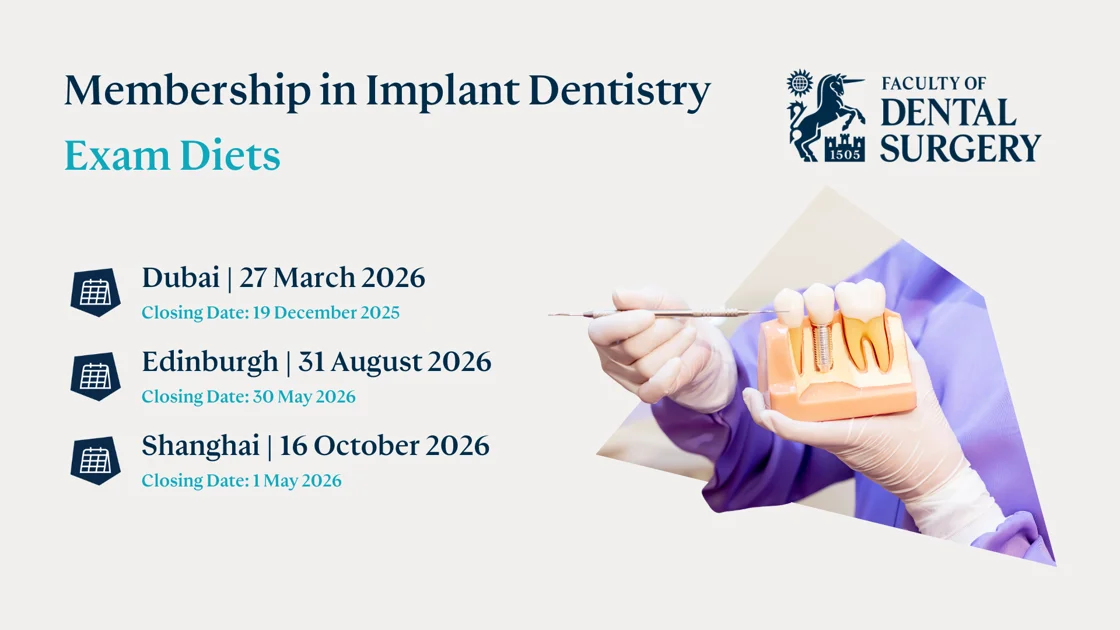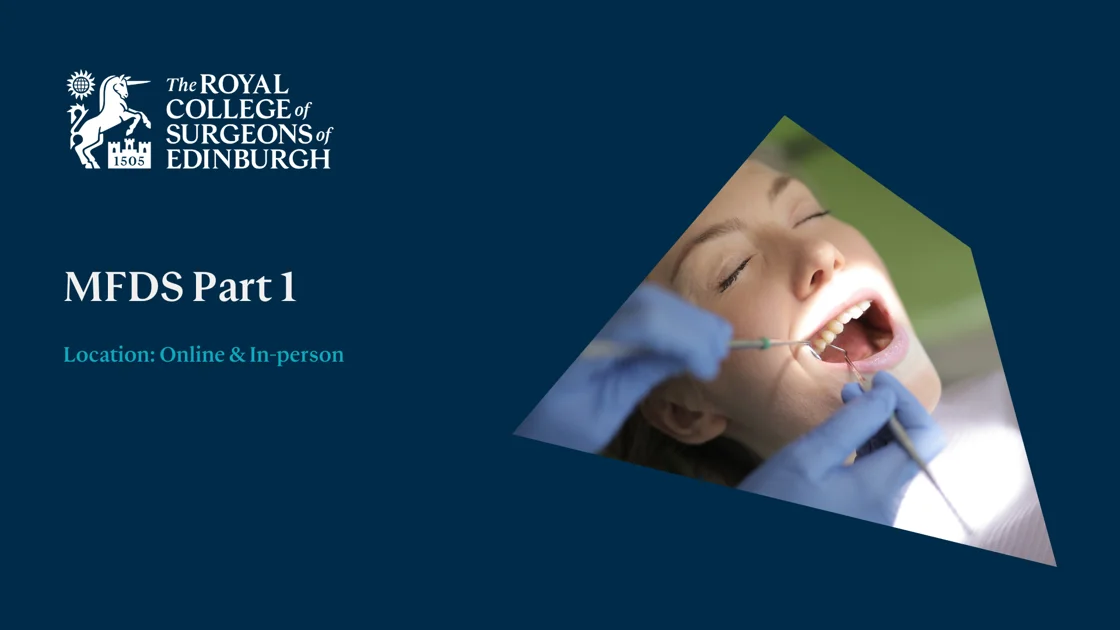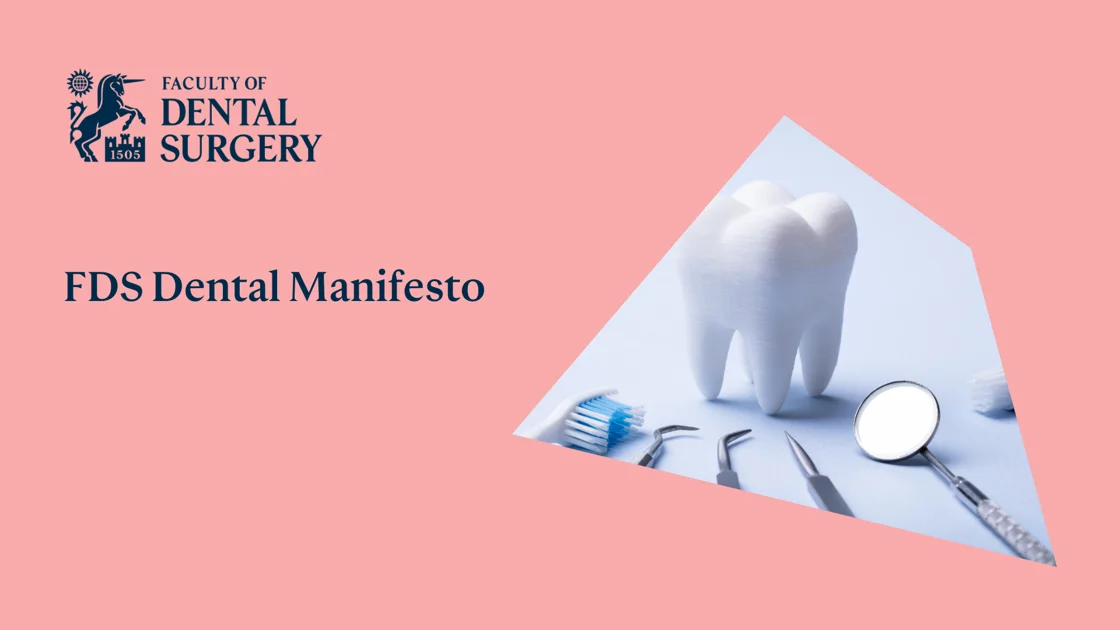Established in 1982, over 40 years ago, the Faculty of Dental Surgery is the oldest, largest and most international of all of the surgical royal colleges in the UK with 8,000 Members and Fellows in over 100 countries throughout the world. Our Faculty is growing and dynamic, innovating continually. The Faculty champions excellence in global oral health through various education initiatives, rigorous examination standards, and a committment to nurturing and developing extensive links with a network of UK and international members, organisations and goverment bodies across the globe.
Dental Council
Dental Council represent the spectrum of dental disciplines and the diverse interests across the profession. Council Members are elected by the Faculty membership and spearhead action relating to dental training, education and engagement projects.
Learn more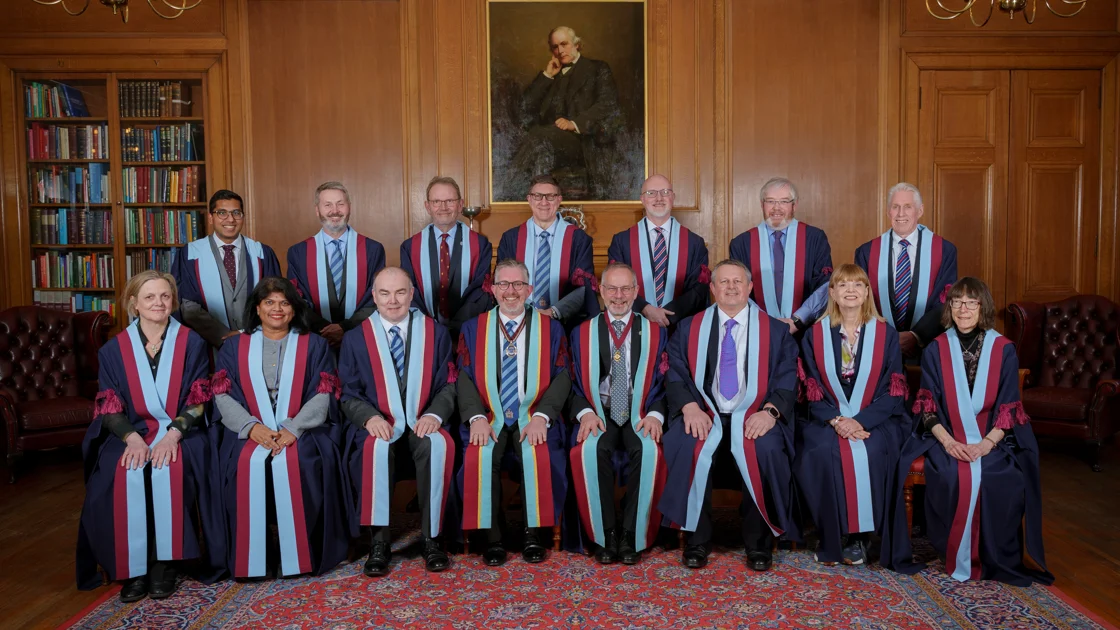
Intercollegiate collaboration for the Dental Specialty Fellowship Examinations
The Royal College of Surgeons of Edinburgh, the Royal College of Physicians and Surgeons of Glasgow, the Royal College of Surgeons of England and the Royal College of Surgeons in Ireland are now working together to introduce an Intercollegiate approach to assessment.
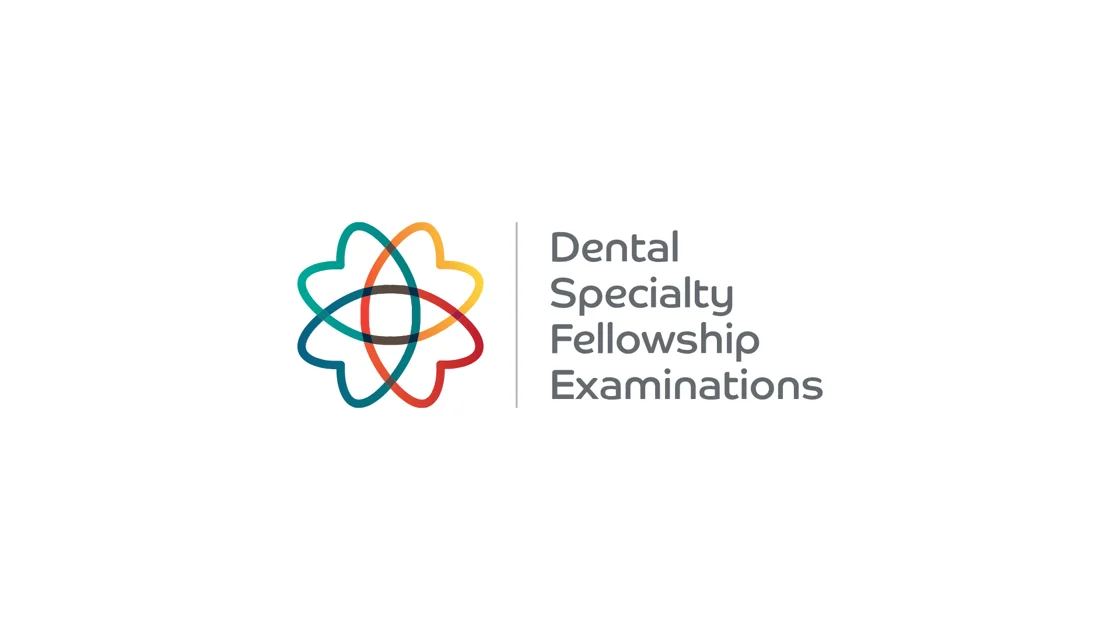
This will cover 10 specialties, supporting trainees to demonstrate the specialist knowledge, skills and capabilities required for progression.
Currently, most dental specialties have multiple versions of the specialty exam, administered by individual royal colleges, or a combination of colleges. Having a single exam for each specialty will enable consistency for trainees across the UK and will provide a clearer training pathway for all specialties, while continuing to support patient safety.
COPDEND has set out further information on implications for those on the current curriculum which differ by stage of training and specialty.
- Click here for the latest updates.
- Click here for vacancies.
- Click here for Intercollegiate arrangements.
- Click here for Assessment strategies.
- Click here for reference material.
- Click here for frequently asked questions.
Join the Faculty Membership
Join the Faculty of Dental Surgery and access new opportunities, network with colleagues and have your say on the future of dental practices.
Join us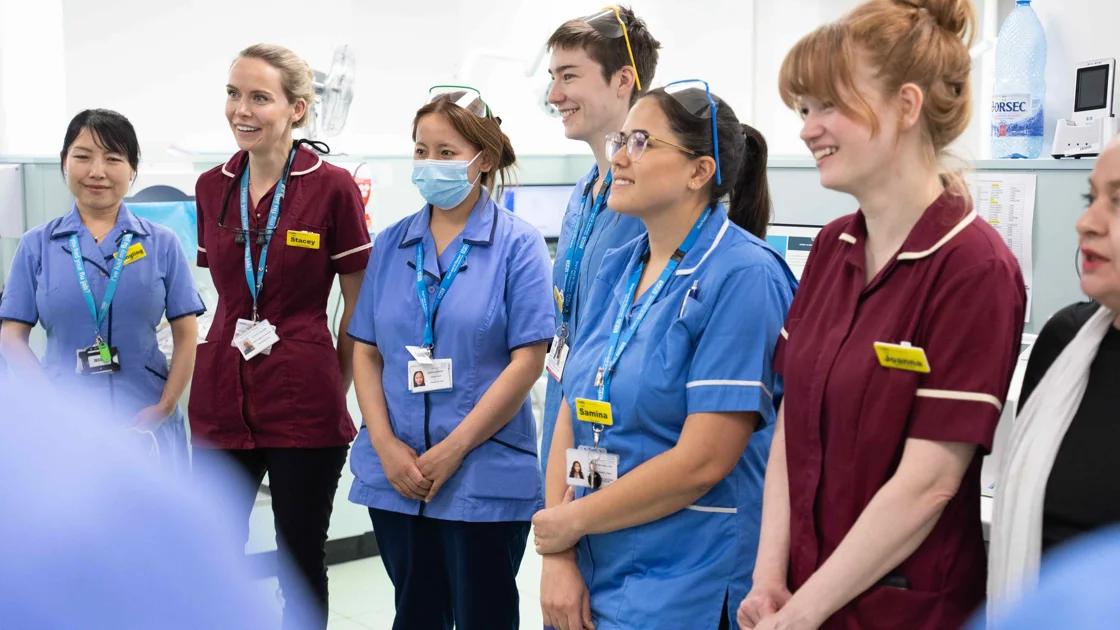
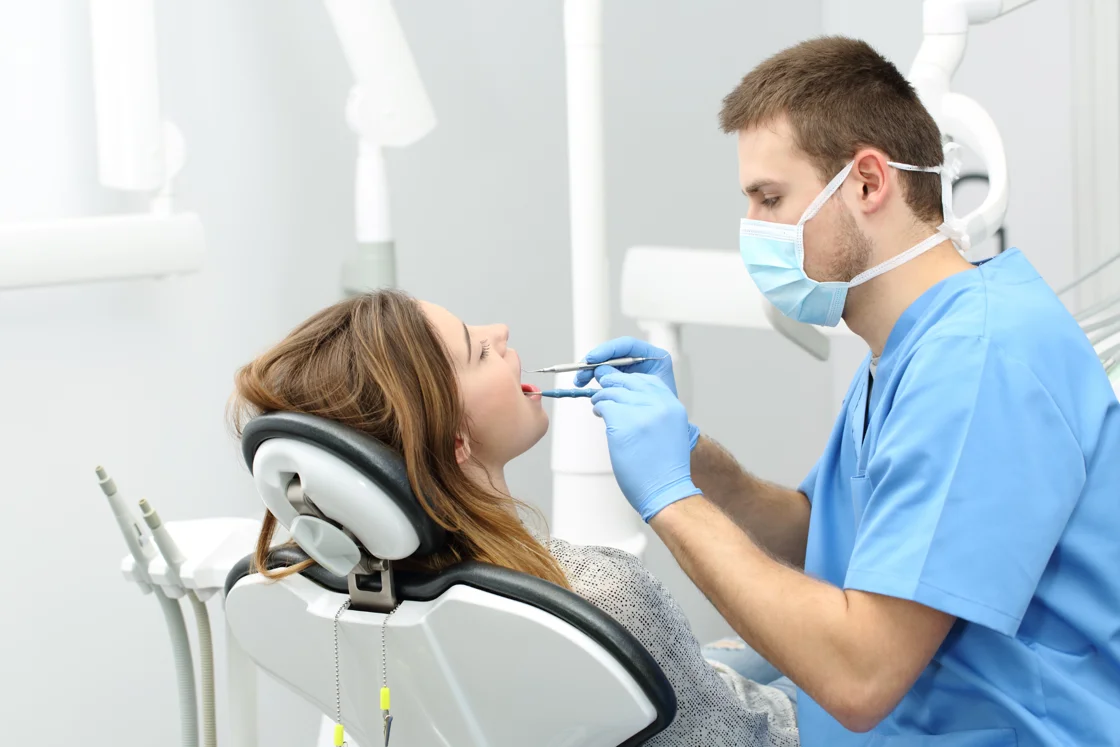
Dental Exams
Discover professional opportunities to advance your career and show your commitment to standards of care with examinations from the Faculty of Dental Surgery.
Learn more
Dental Blogs
Hear from the Dental Dean, our Ambassadors and discover key events and updates on all Faculty activities.
Read hereFaculty Exams, Courses and Events
Expand your knowledge and skills with a range of exceptional exams, courses and educational events.
Full Exams, Courses & Events CalendarVisit FDS Site
Visit further Faculty pages here for more information on how the Faculty can support you in your dental career journey.
Visit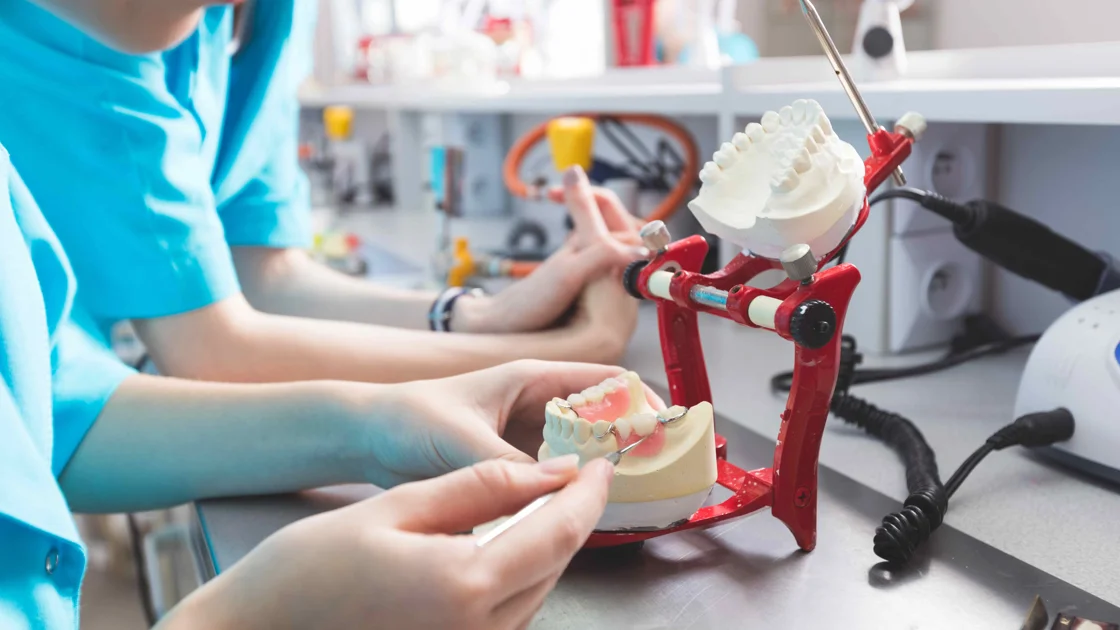
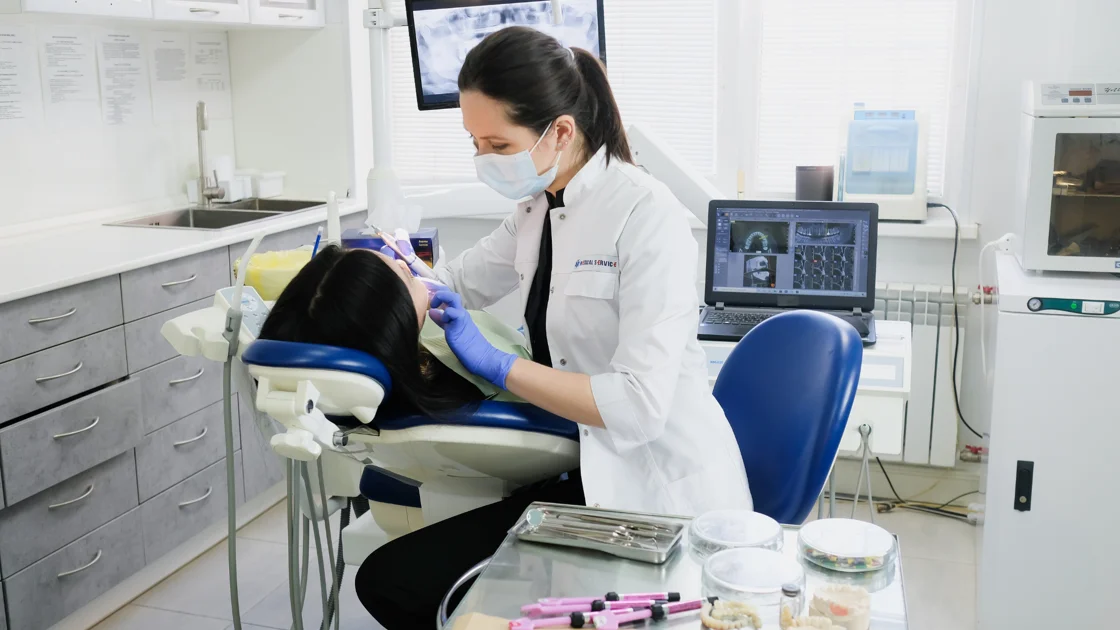
Dental Ambassador Networks
Our Dental Ambassadors are there to support, guide and encourage you as your progress through your dental career.
Learn more
FDS Vacancies
Take on a role within the Faculty to support, advise and assist with the development of the current and future generation of dental professionals.
Learn more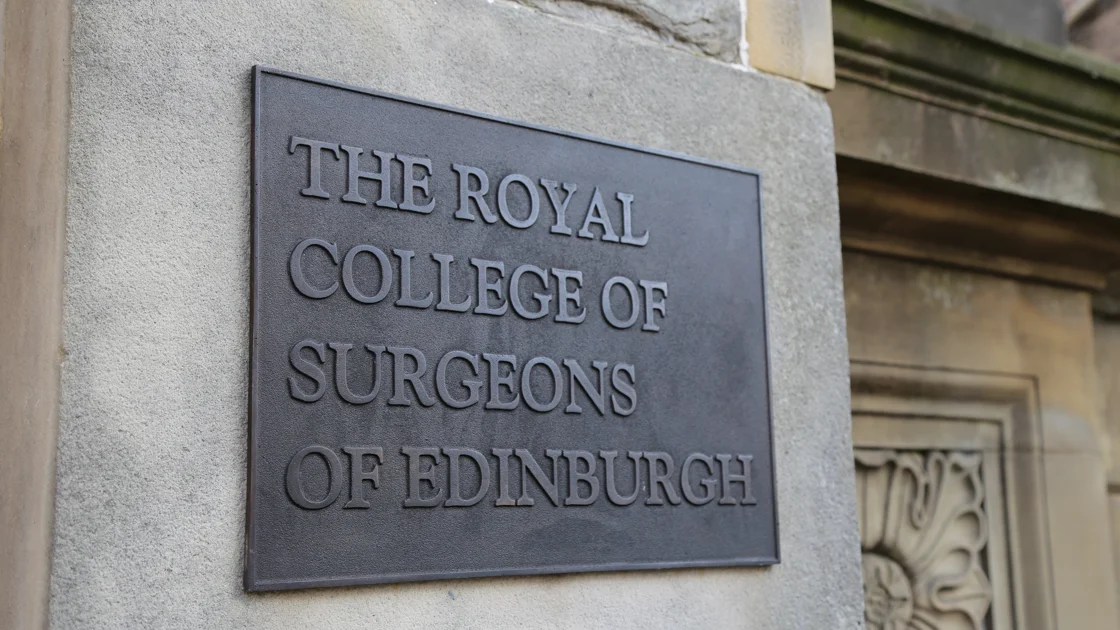
Past Dental Deans
Dental involvement with the College began with King James IV deciding to pay his subjects for the privilege of extracting their teeth. Not surprisingly this poor business model failed, but dentistry in the College had royal patronage from the earliest days.
Find out more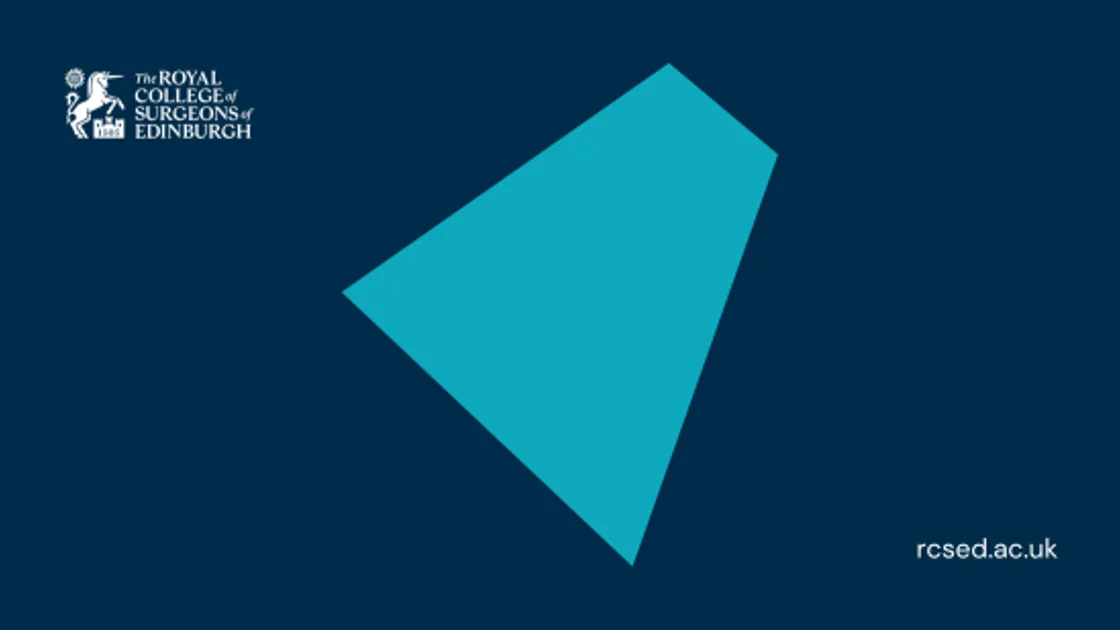
Contact us
For any Faculty related queries or questions, please contact: dental@rcsed.ac.uk

